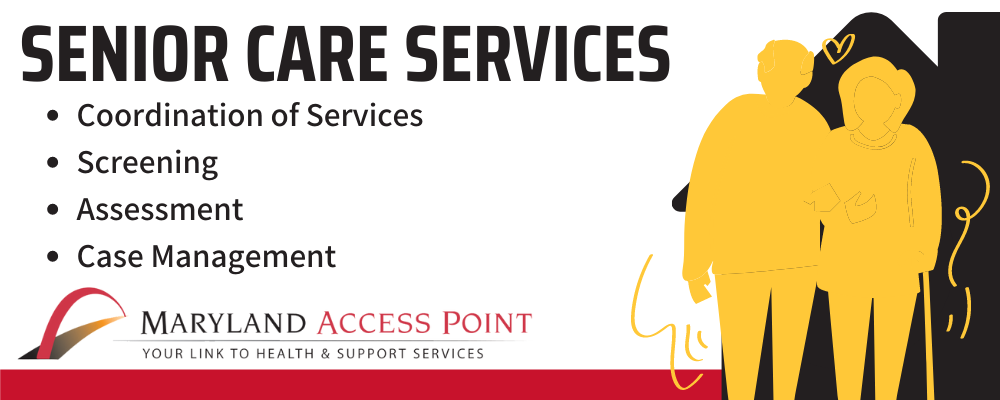The Sanctuary Assisted Living Charlotte NC: Holistic Care
The Sanctuary Assisted Living Charlotte NC: Holistic Care
Blog Article
Important Guide to Memory Care Solutions in Assisted Living Neighborhoods
Browsing the landscape of memory care services within assisted living neighborhoods calls for a nuanced understanding of the specialized programs and assistance systems readily available. As individuals age, memory-related difficulties can position considerable difficulties to day-to-day living, making it essential to have actually accessibility to customized treatment. From team training and certifications to healing tasks and ecological adaptations, the variety of solutions provided can significantly affect the wellness and lifestyle for homeowners. By discovering the complexities of these necessary parts, a deeper understanding right into the holistic approach of memory care solutions in assisted living communities arises, shedding light on the detailed support offered to those in demand.
Specialized Memory Treatment Programs
Specialized memory care programs within assisted living communities play a crucial function in supplying tailored assistance for people with cognitive disability. These programs are specifically designed to satisfy the unique demands of citizens encountering memory-related difficulties such as Alzheimer's and mental deterioration. By focusing on personalized treatment strategies, specialized personnel training, and producing a risk-free and stimulating setting, these programs intend to enhance the lifestyle for locals while advertising self-reliance to the greatest degree feasible.
The core elements of specialized memory care programs frequently consist of structured day-to-day routines, memory-enhancing tasks, and sensory stimulation to engage locals cognitively and psychologically. Additionally, these programs typically use specialized eating options, drug management support, and aid with activities of everyday living to ensure detailed take care of residents with varying degrees of cognitive decline.
Personnel Training and Credentials
Reliable team training and qualifications are vital parts of making certain top notch care for residents in memory care programs within assisted living neighborhoods. Staff participants working in memory care devices should undertake specific training to understand the unique demands of residents with mental deterioration and Alzheimer's illness.

Atmosphere Adaptations for Memory Treatment
To make sure a detailed technique to care that addresses both staff expertise and physical environments, the setting in memory treatment units should be thoughtfully adjusted to meet the unique demands of residents with mental deterioration and Alzheimer's illness. The Sanctuary charlotte assisted living. Developing a dementia-friendly atmosphere entails making particular adjustments that can assist homeowners feel secure, comfortable, and engaged
One crucial aspect of atmosphere adjustments is guaranteeing safety and security and safety and security. This consists of helpful hints applying steps such as safeguarded exits and entries to avoid citizens from roaming, installing handrails and get hold of bars for assistance, and lessening journey risks throughout the space. In addition, using color-coded hints, clear signs, and acquainted things can help citizens browse their environments more easily.
Designing spaces that are simple to navigate and advertising freedom through features like memory boxes and aesthetic tips can also boost the high quality of life for locals with memory disabilities. By carrying out these environment adjustments, helped living communities can give a helpful and nurturing setting for people with dementia and Alzheimer's condition.
Restorative Activities and Involvement
Interaction in purposeful restorative tasks plays a crucial role in improving the health and cognitive feature of individuals living in memory treatment systems. These tasks are very carefully designed to promote memory, cognition, and social communication amongst locals.
Involvement in healing tasks not only aids individuals maintain cognitive capabilities but likewise supplies social and emotional benefits. Engaging in these tasks can lower sensations of anxiety, isolation, and stress and anxiety frequently experienced by individuals with memory problems. These activities offer a structured routine and a sense of purpose for residents, contributing to a general improved quality of life.
Memory treatment neighborhoods frequently have devoted personnel trained in promoting healing activities, making certain that residents receive personalized and meaningful involvement that sustains their cognitive and emotional wellness.
Interaction Strategies and Assistance
In promoting meaningful communications and fostering alternative well-being for individuals in memory treatment units, reliable communication methods and assistance play an essential duty. Communication in memory care includes recognizing locals' special needs, preferences, and capabilities.
Sustaining communication in memory care setups extends beyond spoken communications. Aesthetic help, memory hints, and familiar items can aid trigger memories and assist in links. Creating a calm and organized setting reduces disturbances and complication, enabling residents to focus on communication. Furthermore, caregivers educated in communication methods for mental deterioration treatment can navigate difficulties effectively and respond empathetically to why not find out more residents' emotions and behaviors.
Conclusion
To click to read conclude, memory care solutions in assisted living areas play an important function in supplying specialized care and assistance for individuals with cognitive disabilities. Through customized programs, trained team, adjusted settings, restorative activities, and effective interaction approaches, these services objective to boost the quality of life for homeowners with memory concerns. By resolving the one-of-a-kind demands of these people, memory care solutions contribute to creating a risk-free and supportive environment that promotes total health and convenience.
Efficient staff training and credentials are essential components of guaranteeing top quality care for residents in memory care programs within assisted living communities - The Sanctuary charlotte care home.Certifications for staff in memory treatment programs generally consist of certifications in mental deterioration care or Alzheimer's care, along with appropriate experience in functioning with individuals with memory problems. Ongoing training and expert growth chances are crucial to make sure that staff keep updated on the newest ideal practices in memory care and continue to provide high-quality assistance to locals with cognitive difficulties. By investing in staff training and qualifications, helped living areas can boost the overall wellness and high quality of life for citizens in memory treatment programs

Report this page